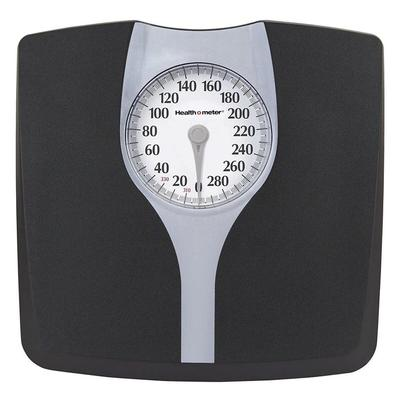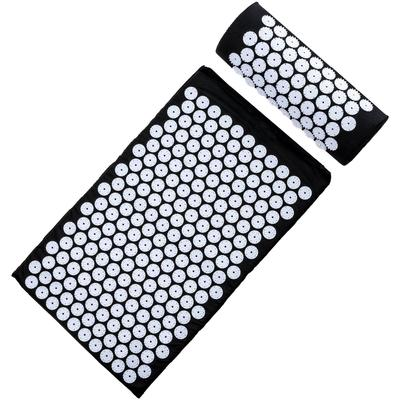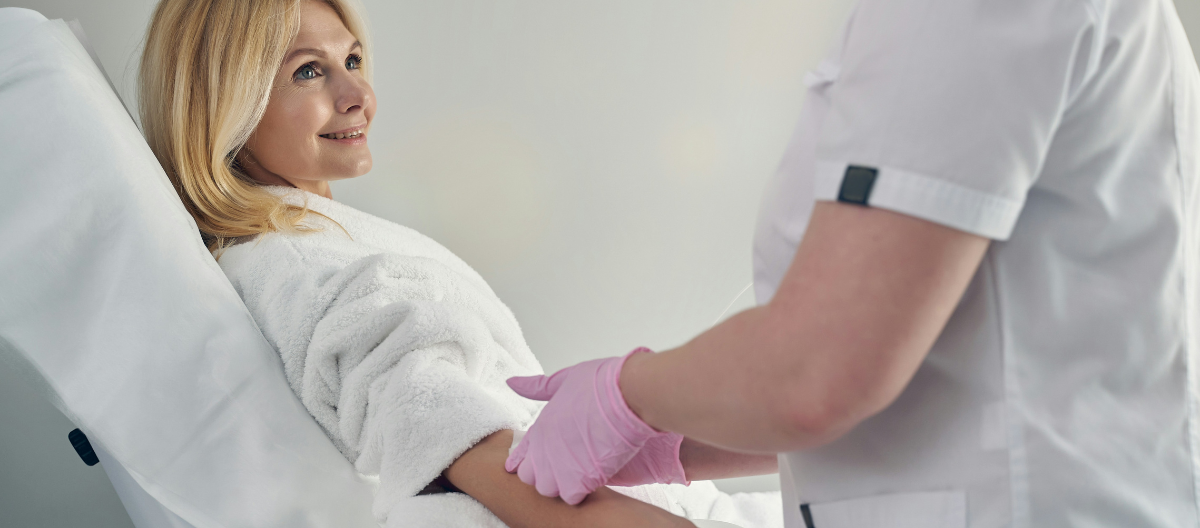Hey Diva dressing fans! When the items we love coincide with brands we work with, Diva dressing will use Paid Links in our articles. If you decide to click on these links and purchase the product, we get a small commission. Our Opinions Are Our Own, but we do add Paid Links as a way to offer these products at no added cost to our readers. Want to know more? Click Here to check out our Terms of Use anytime!
Need for regular screenings for various cancers cannot be overstated, especially for women. Early detection through routine screenings is crucial for improving outcomes and survival rates, as many cancers, when caught early, are more treatable. Some of the key cancers where screening plays a vital role include:
Breast Cancer
Mammograms are the primary screening tool for breast cancer and are recommended for women starting at age 40, with frequency depending on risk factors. Early detection of breast cancer through regular mammograms can dramatically increase the chances of survival.
Cervical Cancer
Regular Pap smears and HPV tests are essential in detecting precancerous changes and human papillomavirus (HPV), which is a leading cause of cervical cancer. Cervical cancer screenings should begin at age 21 and continue regularly through age 65.
Colorectal Cancer
Colonoscopy is the gold standard for detecting colorectal cancer and is recommended starting at age 45. Early detection can identify polyps before they become cancerous, significantly reducing the risk of developing colorectal cancer.
Lung Cancer
Low-dose CT scans are recommended for those at high risk for lung cancer, especially current or former smokers. Early screening can detect lung cancer at a stage when it is still operable and potentially curable.
Skin Cancer
Regular skin checks by a dermatologist are crucial for early detection of melanoma and other skin cancers. Self-examinations and professional screenings can catch skin changes early, preventing advanced stages of cancer.
Ovarian Cancer
While there isn’t a standard screening test for ovarian cancer, women at high risk may undergo transvaginal ultrasound or CA-125 blood tests. Early symptoms of ovarian cancer can be vague, so proactive monitoring is essential.
Endometrial (Uterine) Cancer
Women, particularly after menopause, should be aware of any abnormal vaginal bleeding and report it to a healthcare provider. While no routine screening test exists, early detection through monitoring symptoms is key.
Importance of Screenings
- Increased Survival Rates: Detecting cancer in its early stages when it is most treatable can significantly improve survival rates.
- Preventive Health: Screenings can detect abnormal cells before they turn into cancer, allowing for preventive measures.
- Reduction in Healthcare Costs: Early-stage cancer treatment is often less complex and costly than treating advanced cancers.
Barriers to Regular Screenings
- Access to Healthcare: Limited access to healthcare facilities and insurance coverage can hinder regular cancer screenings.
- Awareness and Education: Many women are unaware of the recommended screening guidelines, particularly for cancers that don’t have obvious symptoms.
- Fear and Stigma: Fear of the diagnosis or discomfort with the procedures may prevent some women from seeking regular screenings.
Here are some products that can help
Health O Meter Bathroom Scale Full View Large Oversize Dial $23.79

Sivan Health and Fitness Deluxe Black Acupressure Mat & Pillow Combo Set $44.99

Sunny Health & Fitness J-Hook Attachment for Power Racks and Cages $46.32

Sunny Health & Fitness Dip Bar Attachment $52.19



